People
Faculty

Ingmar Weber
Ingmar Weber is an Alexander Humboldt Professor for AI, and holds the chair for Societal Computing at Saarland University. His research looks at how non-traditional data sources, such as social media and satellite images, can be used to study societal phenomena, and to strengthen social development. Topics of interest include monitoring migration and mobility, tracking digital gender gaps, and understanding democratic processes.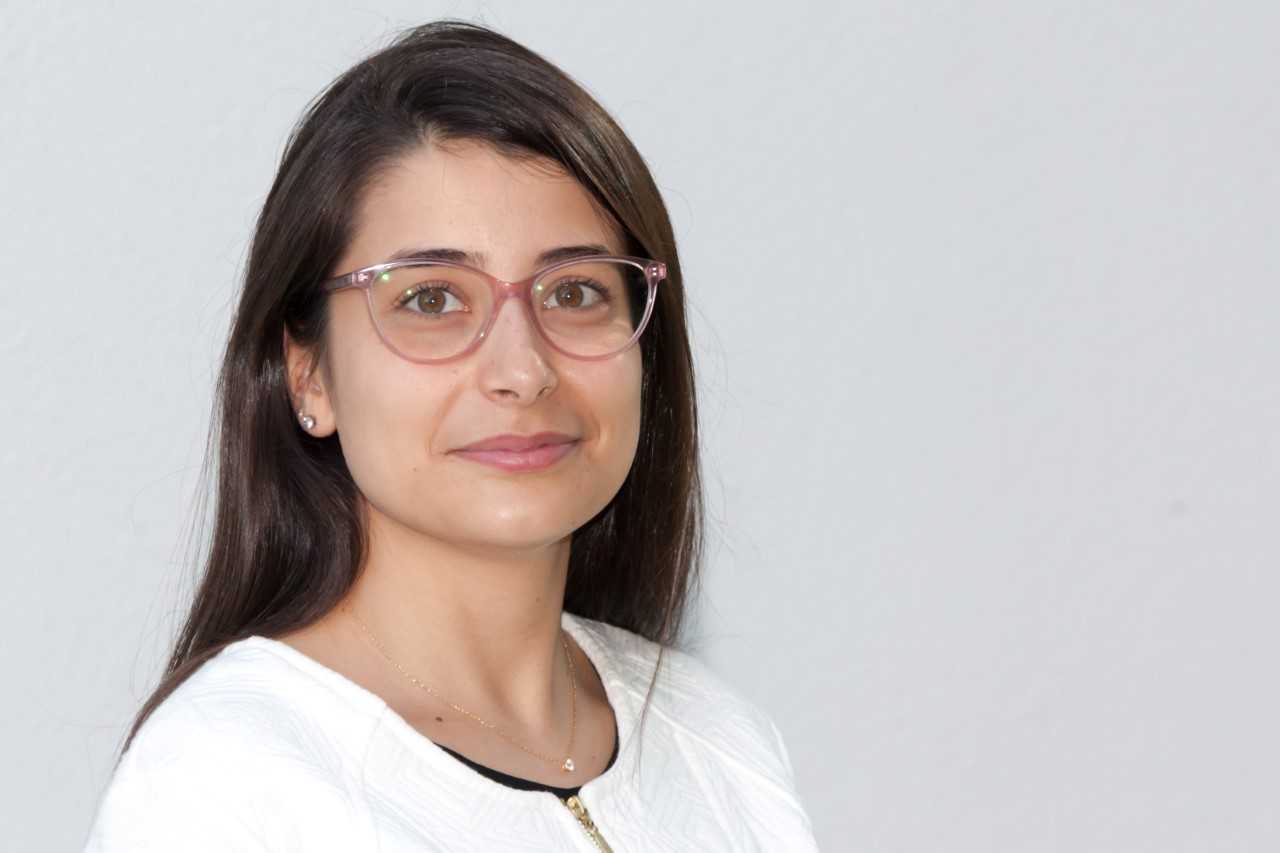
Carolina Coimbra Vieira
Carolina Coimbra Vieira is a PhD Student in Computer Science at Universität des Saarlandes (UdS) also affiliated to the Max Planck Institute for Demographic Research (MPIDR) and the Max Planck Institute for Software Systems (MPI-SWS). She received her B.Sc. and M.Sc. in Computer Science from Federal University of Minas Gerais (UFMG) in Brazil. Carolina’s research focuses on interdisciplinary topics at the intersection of computer science and the use of digital trace data to study culture, migration, and algorithmically-mediated user engagement on social media platforms.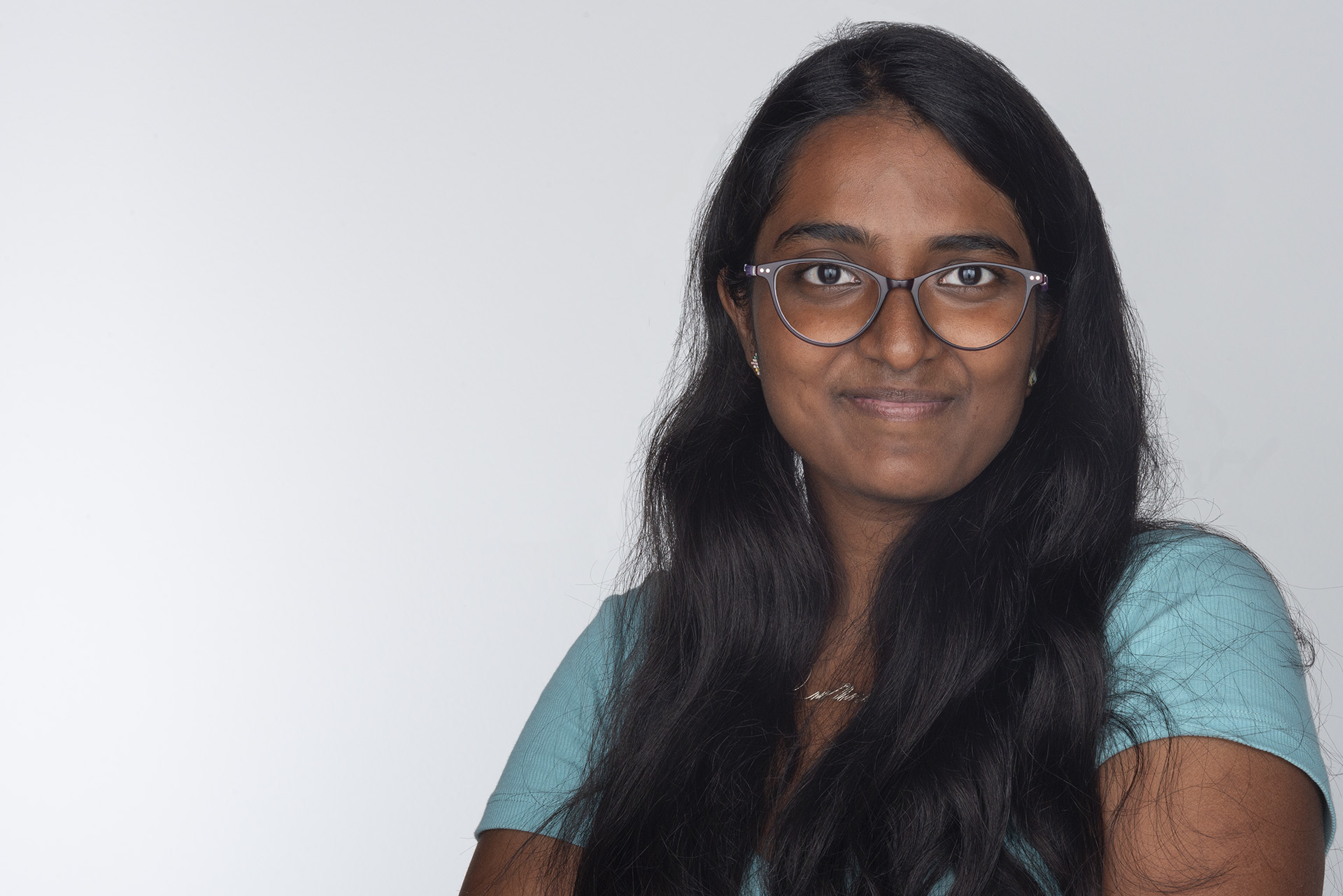
Brahmani Nutakki
Brahmani Nutakki is a PhD Student in Computer Science at Universität des Saarlandes (UdS). She received her Bachelors and Masters in Computer Science from University of Hyderabad in India. Her research focuses on understanding the dynamics of online communities and the society at large, mainly on Politics, Hate Speech and Misinformation.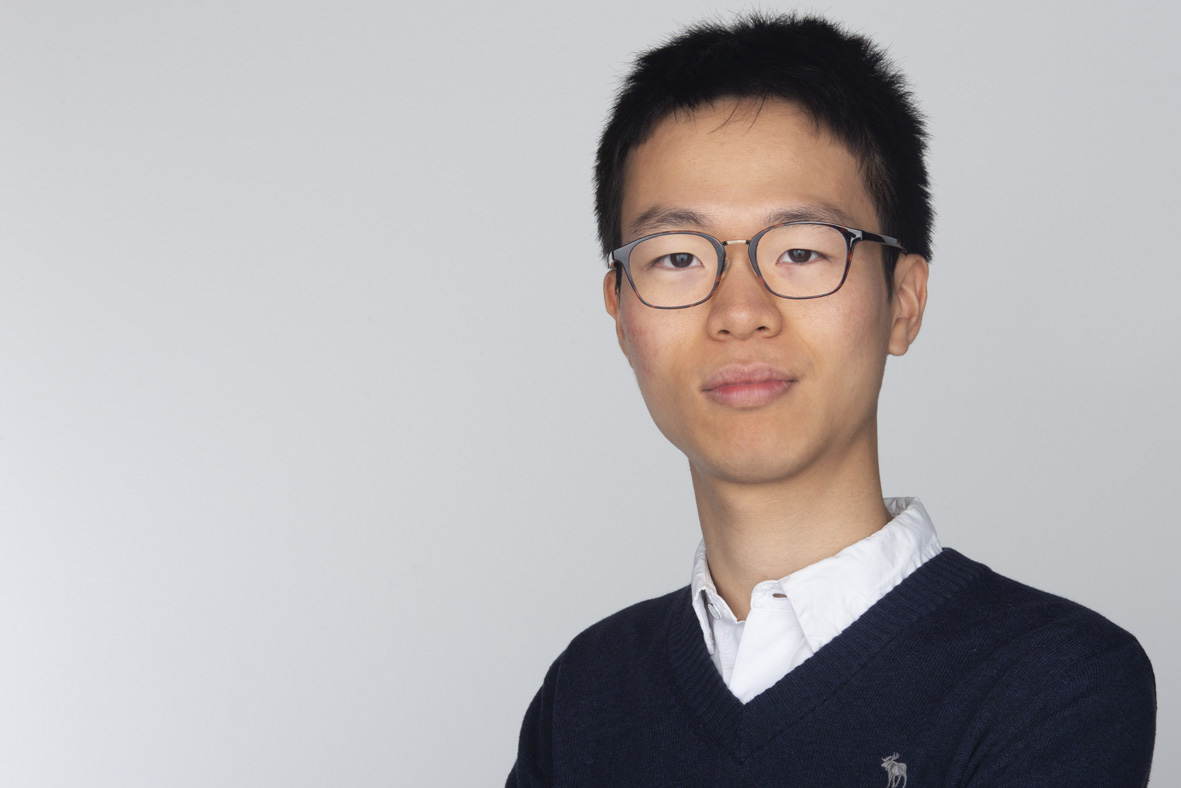
Jianlong Zhu
Jianlong Zhu is a PhD Student in Computer Science at Saarland University. He holds an MSc in Social Data Science from the University of Oxford and a BA in Liberal Arts from Sarah Lawrence College. His current research focus is on the application of large language models in enhancing critical thinking and decision-making processes, with a particular interest in civic education.Speakers
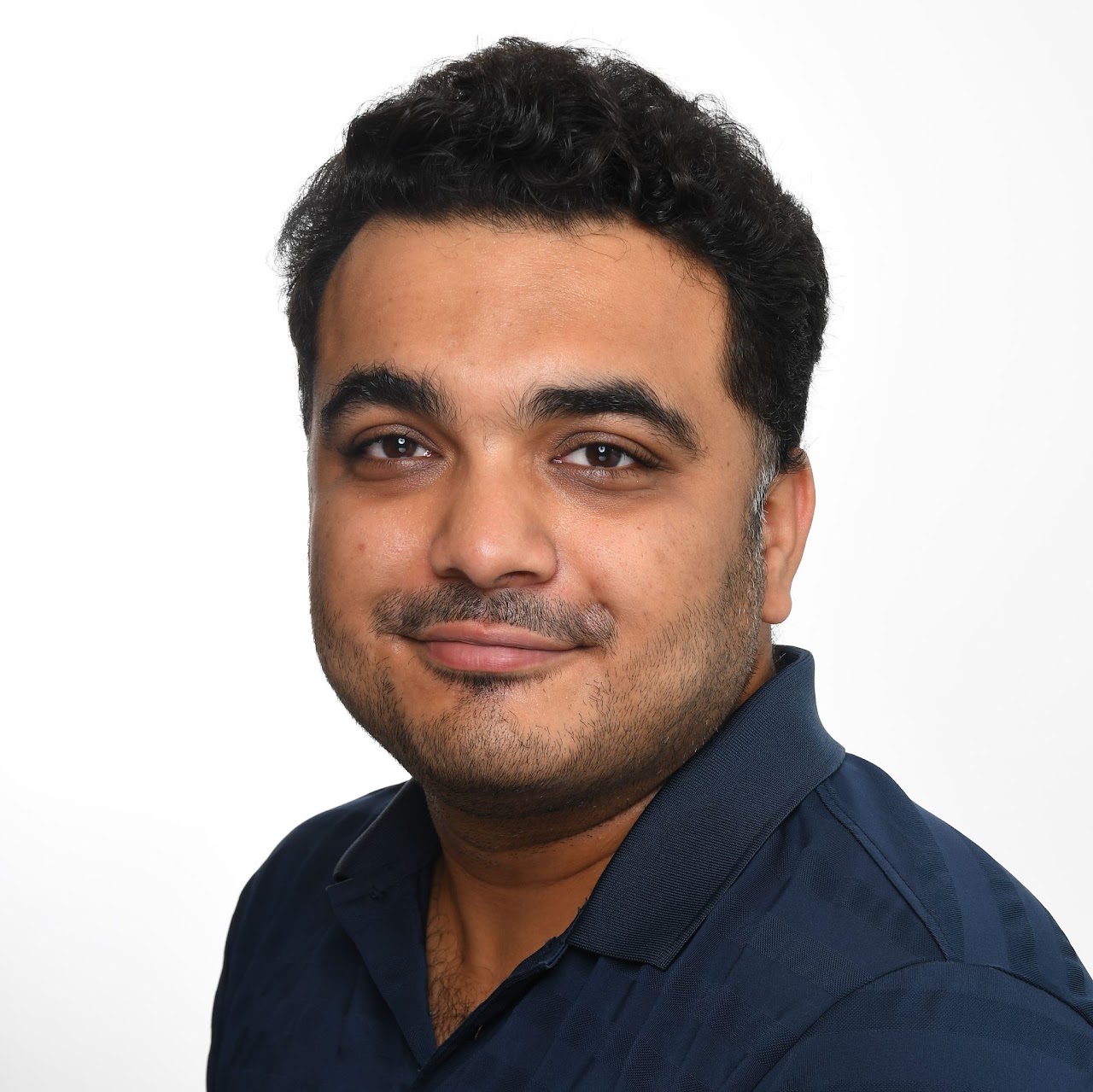
Abhisek Dash (Max Planck Institute for Software Systems)
Abhisek Dash is a postdoctoral researcher in Dr. Krishna P. Gummadi's Networked Systems Research Group at MPI-SWS, Saarbruecken. His broad area of research revolves around different aspects of computational social science which includes (, but is not limited to) algorithm auditing, multi-modal analyses of social media data, understanding decentralized social media platforms, compliance of platforms with data protection regulations, fairness in digital marketplaces.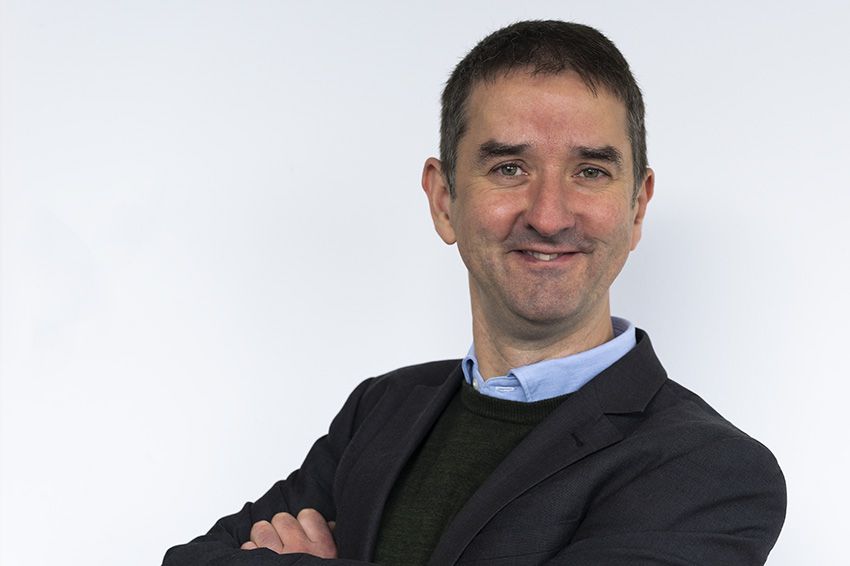
Alex Hartland (Saarland University)
Dr. Alex Hartland is a postdoctoral researcher in the Department of Political Science with a focus on European Integration and International Relations at Saarland University. He completed his PhD at the University of Manchester, where he analysed the impact of lobbying and public opinion on asylum policy in Germany and the UK. Previously, he studied Intercultural Conflict Management at the Alice Salomon Hochschule in Berlin and Psychology at the University of Warwick. His work focuses on political trust, interest groups and comparative European politics. He uses survey data, quantitative text analysis, experimental research designs and qualitative methods to investigate the role of institutions, lobbying and public opinion in politics and political behaviour.
Bernie Hogan (University of Oxford)
Bernie Hogan (PhD Toronto, 2009) is a Associate Professor, Senior Research Fellow at the OII and Research Associate at the Department of Sociology. With training in sociology and computer science, Hogan focuses on how social networks and social media can be designed to empower people to build stronger relationships and stronger communities.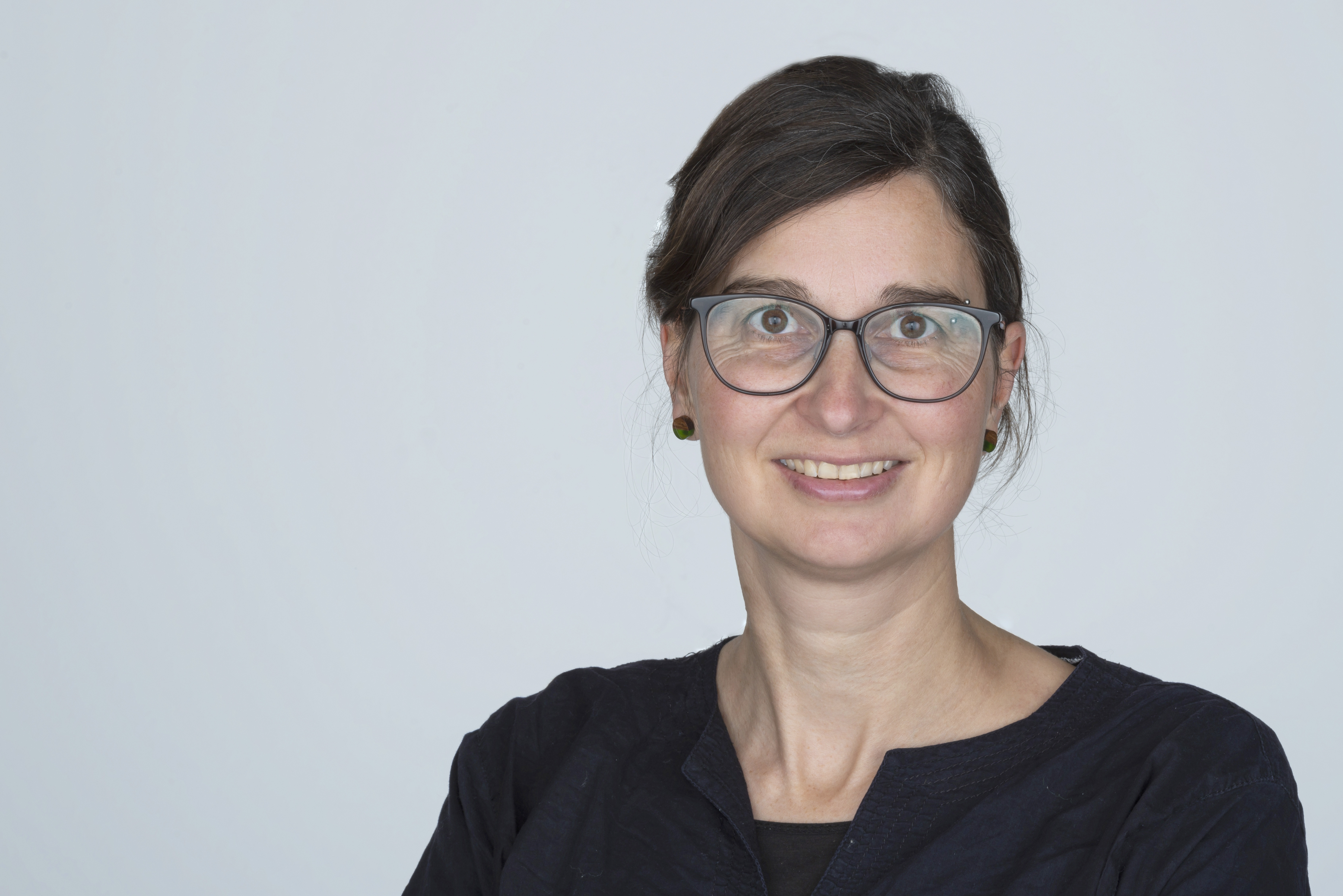
Daniela Braun (Saarland University)
Prof. Dr Daniela Braun has been Professor of Political Science with a focus on European Integration and International Relations since 2022. Prior to that, she taught and conducted research at the Geschwister-Scholl-Institute for Political Science at the Ludwig-Maximilians-Universität in Munich since 2010. In her research, she focuses on topics from the field of EU politics. European elections, European parties and the European party system as well as citizens and voters and their attitudes and behaviour in the European multi-level system are among her core topics. Her academic teaching focuses on the political system of the European Union, the current challenges of the multi-level system of the European Union and political sociology. Daniela Braun's research has been published in the following political science journals, among others: European Journal of Political Research, European Union Politics, German Politics, International Political Science Review, Journal for European Integration, Journal of European Public Policy, Party Politics, West European Politics, Zeitschrift für Vergleichende Politikwissenschaft and Zeitschrift für Parlamentsfragen. In addition, she has funded and carried out various research projects (BMBF; DFG; Horizon 2020; Horizon Europe) on Europe-related topics.
Emilio Zagheni (Max Planck Institute for Demographic Research)
Emilio Zagheni is Director of the Max Planck Institute for Demographic Research (MPIDR) and affiliate faculty of the Department of Sociology at the University of Washington, Seattle, where he served as Training Director of the Center for Studies in Demography and Ecology. He received his Ph.D. in Demography (2010) and M.A. in Statistics (2008) from U.C. Berkeley. Zagheni is currently President of the European Association for Population Studies (EAPS). Previously he chaired the Digital Demography Panel of the International Union for the Scientific Study of Population (2015-2022), playing a key role in favoring innovation in population research through collaboration and exchange between demographers, statisticians and computational scientists.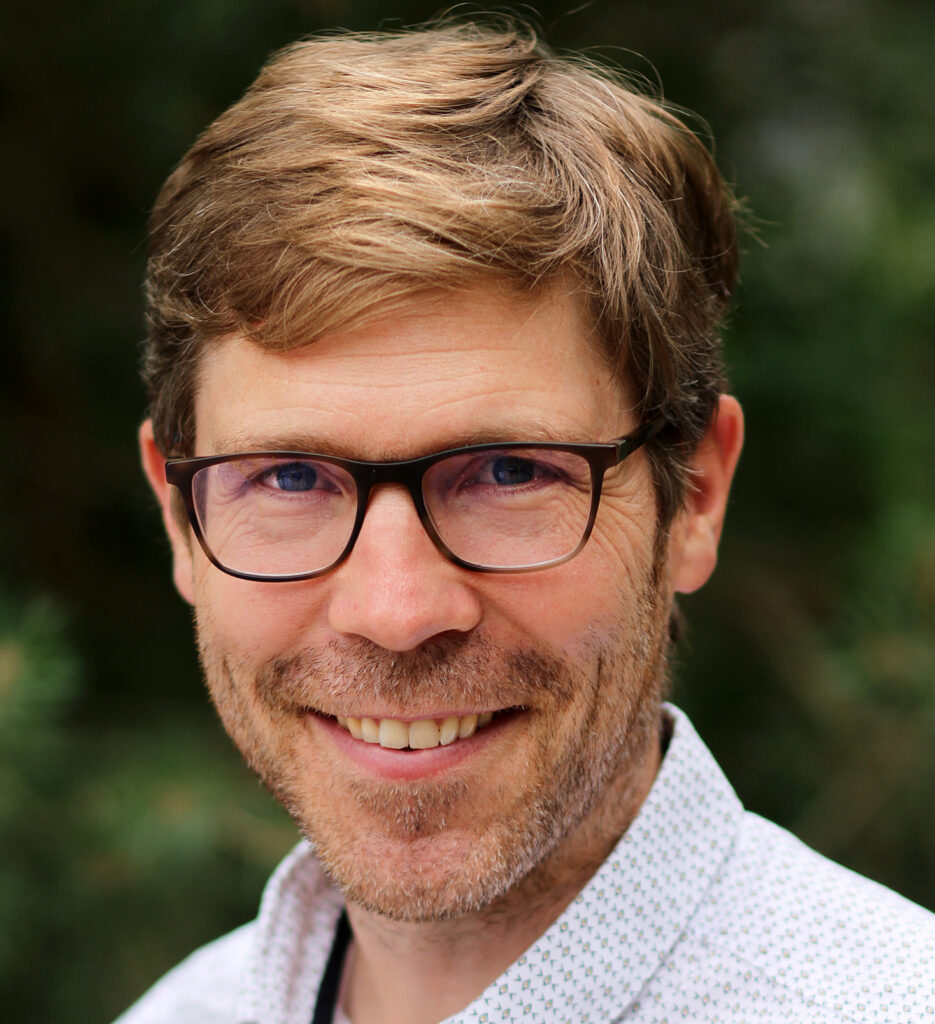
Georg Wenzelburger (Saarland University)
Georg Wenzelburger is a Professor of Comparative European Politics at Saarland University and its Cluster of European Research (CEUS). His research interests involve the comparative analysis of public policies with a recent focus on law-and-order policies (e.g. “The Partisan Politics of Law and Order”, OUP 2020), the welfare state, party politics and the politics of the digital transformation.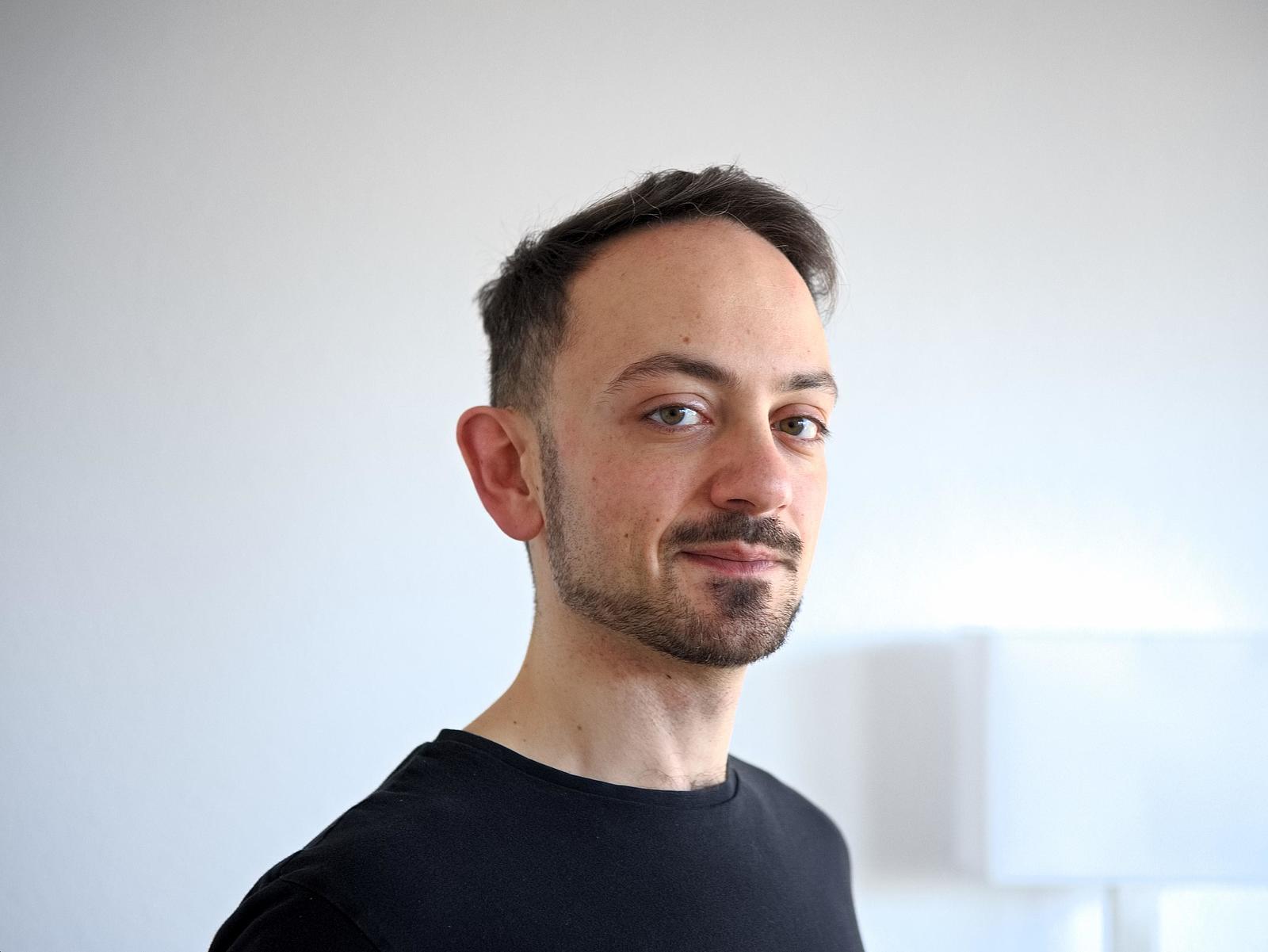
Giuseppe Carteny (Saarland University)
Dr. Giuseppe Carteny is a postdoctoral researcher at the Chair of Political Science with a focus on European Integration and International Relations at Saarland University. Previously, he was a postdoctoral researcher at the Mannheim Centre for European Social Research (MZES) at the University of Mannheim for the ProConEU project, a research project investigating the growing gap between supporters and opponents of European integration in relation to party politics, civic politics and social media communication, funded by the German Federal Ministry of Education and Research (BMBF). In July 2021, he completed his PhD in Political Science at the Network for the Advancement of Social and Political Studies (NASP) at the University of Milan with a dissertation dedicated to the individual and contextual antecedents of individual trust in public institutions in the East Asian region. His work focuses the study of political attitudes, electoral behaviour, party politics, and comparative politics in Europe and East Asia, with a particular focus on institutional confidence, value and ideological orientations, Euroscepticism, far-right party agency, cleavage politics, and related topics. His methodological interests include classical quantitative methods for the social sciences, quantitative text analysis methods and survey methodology.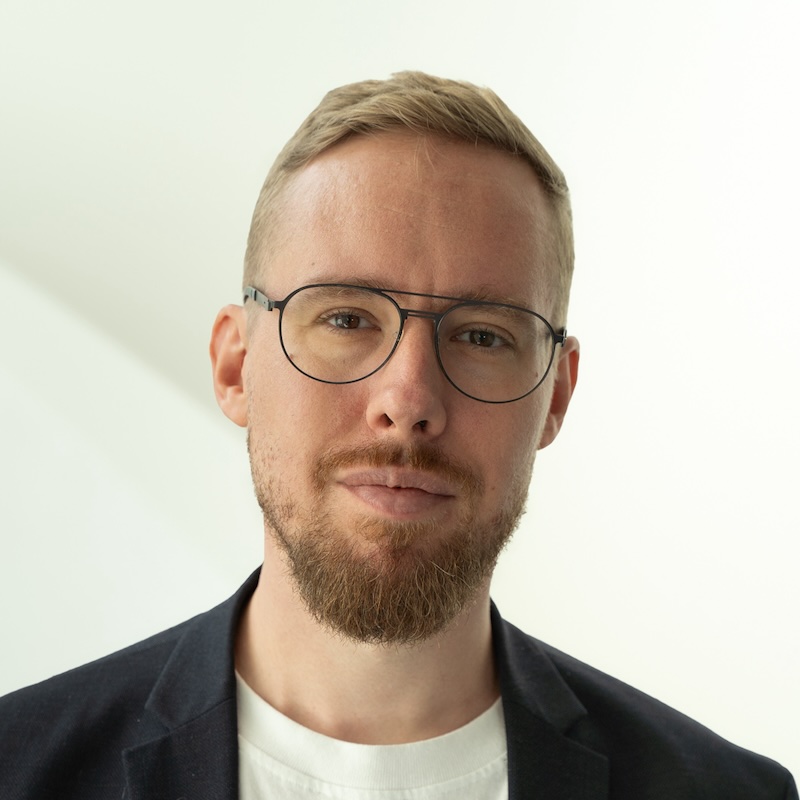
Kevin Baum (German Research Center for Artificial Intelligence)
Kevin Baum is a computer scientist and philosopher researching interdisciplinary topics in ethical and safe AI. He leads the Responsible AI and Machine Ethics (RAIME) research group at the German Research Center for Artificial Intelligence (DFKI) and is part of the Center for European Research in Trusted AI (CERTAIN), where he explores ethical frameworks and practical methods for trustworthy, aligned AI systems. Kevin frequently lectures and speaks internationally on AI ethics, notably through the award-winning course Ethics for Nerds.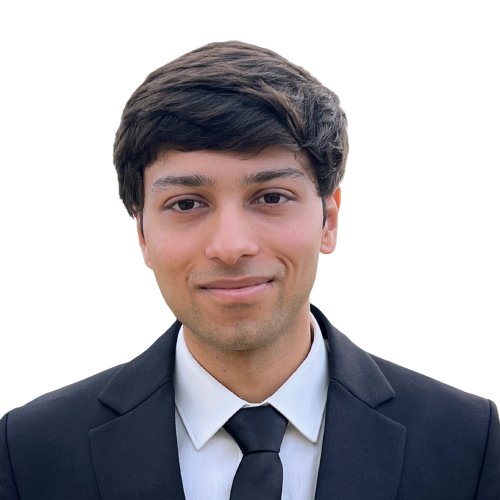
Pushpdeep Singh (Max Planck Institute for Software Systems)
Pushpdeep Singh is a PhD researcher in Dr. Krishna Gummadi’s Research Group at MPI-SWS, Kaiserslautern. His research focuses on content moderation practices in decentralized social media platforms such as Bluesky, with a broader interest in fairness, bias, and transparency in sociotechnical systems.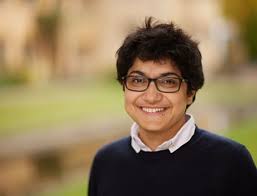
Ridhi Kashyap (University of Oxford)
Ridhi Kashyap is Professor of Demography and Computational Social Science at the Department of Sociology, Nuffield College, and Leverhulme Centre for Demographic Science at the University of Oxford. Her research examines population dynamics and human development, with a focus on gender inequalities. She has pioneered the use of computational methods and digital data sources for demographic research, and currently serves as the chair of the International Union for the Scientific Study of Population’s Panel on Digital and Computational Demography.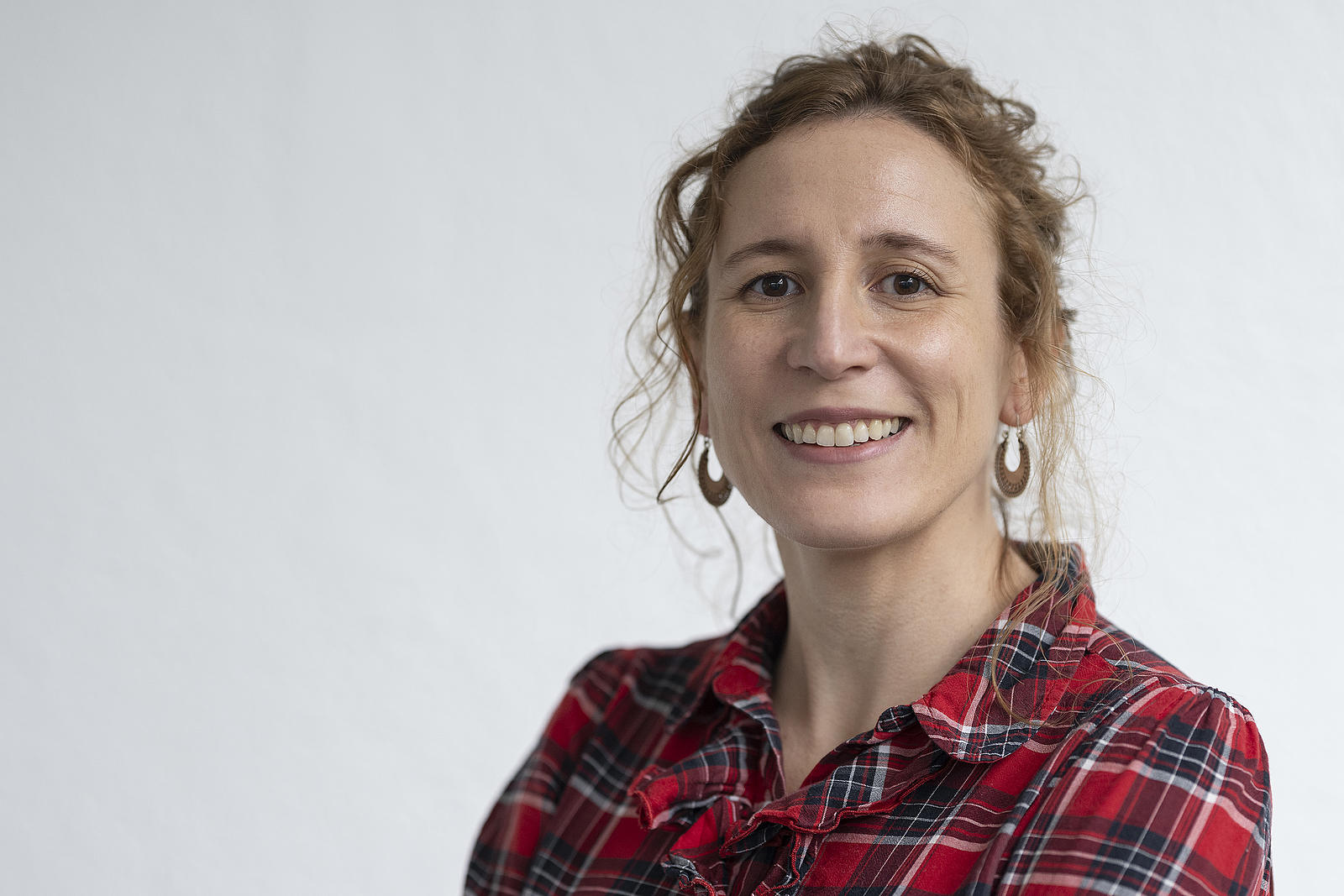
Rosa M. Navarrete (Universidad Autónoma de Madrid)
Rosa Navarrete is Assistant Professor at the Universidad Autonoma de Madrid. Before that, she worked as a postdoctoral researcher and lecturer at the Department of European Social Research at Saarland University, where she led the project Political Deception in the Digital Era and was the Director of the Observatory of Online Politics at Saarland University.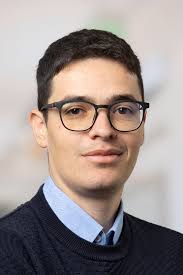
Savvas Zannettou (Delft University of Technology)
Savvas Zannettou is an Assistant Professor at the Technology, Policy, and Management (TPM) faculty at TU Delft. He is also an Associated Researcher with the Max Planck Institute for Informatics (MPI-INF) and a core member of the International Data-driven Research for Advanced Modeling and Analysis Lab (iDrama Lab). His research focuses on applying machine learning and data-driven quantitative analysis to understand emerging phenomena on the Web such as the spread of false information and hateful rhetoric. He is also interested in understanding algorithmic recommendations on social media platforms.
Tom Theile (Max Planck Institute for Demographic Research)
Tom Theile is a research software engineer working at the Department of Digital and Computational Demography at the Max Planck Institute for Demographic Research in Rostock. He works together with the researchers in the Laboratory of Population Dynamics and Sustainable Well-Being and the Laboratory of Migration and Mobility on long-term digital data collections, data transformations, and simulation software projects. Some of the projects are rsocsim, a kinship microsimulator, and the Scholarly Migration Database which is based on large scale bibliometric data. From time to time, he visits a population conference, teaches courses on the practical aspects of digital demography, or co-authors a paper.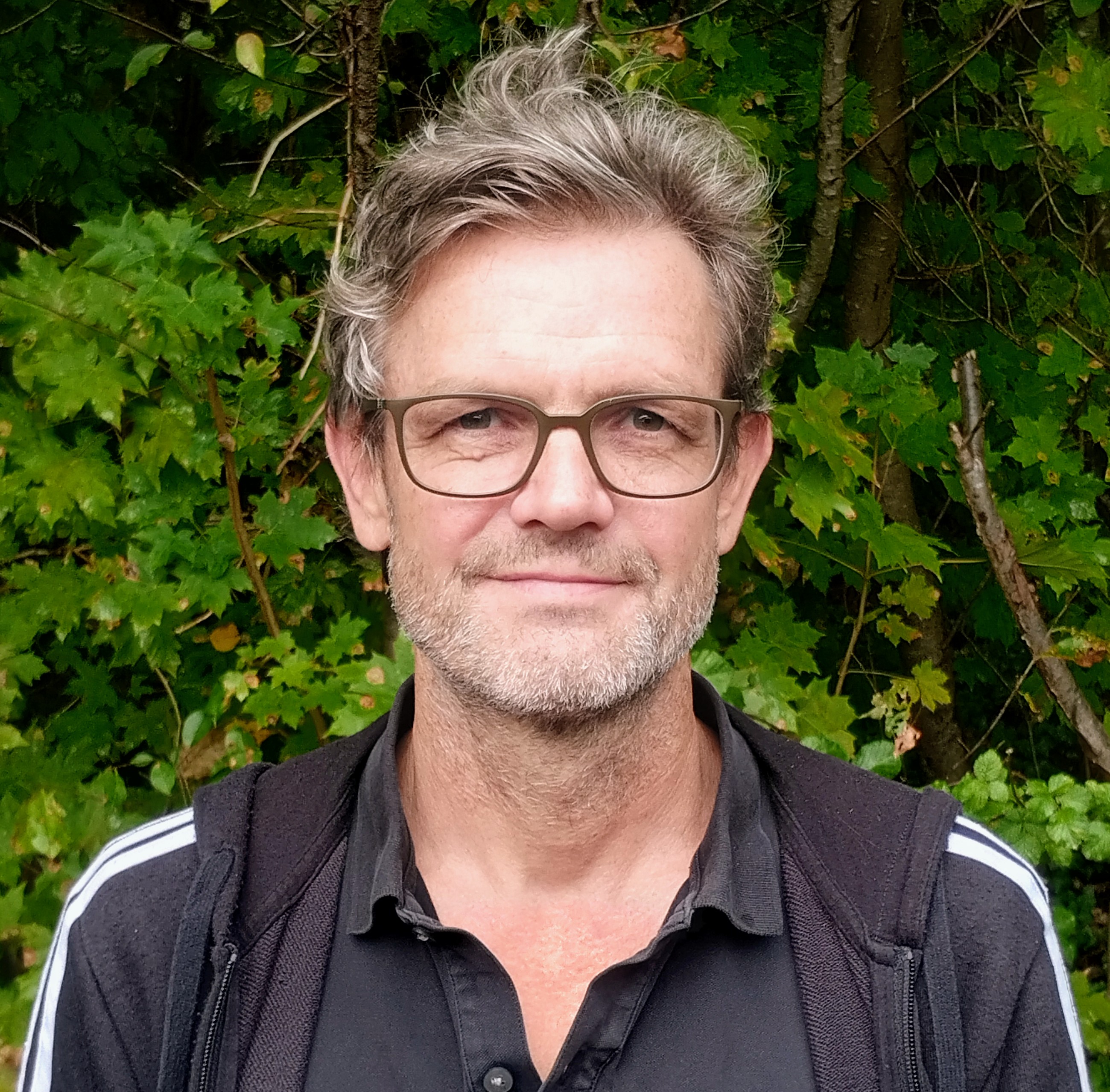
Uwe Albrecht (Adolf-Bender-Zentrum)
Uwe Albrecht studied Political Science and Sociology. He joined the Adolf-Bender-Center as a project assistant in 2011. His work focuses on right-wing extremism, racism, anti-Semitism and anti-democracy.Teaching Assistants
Participants
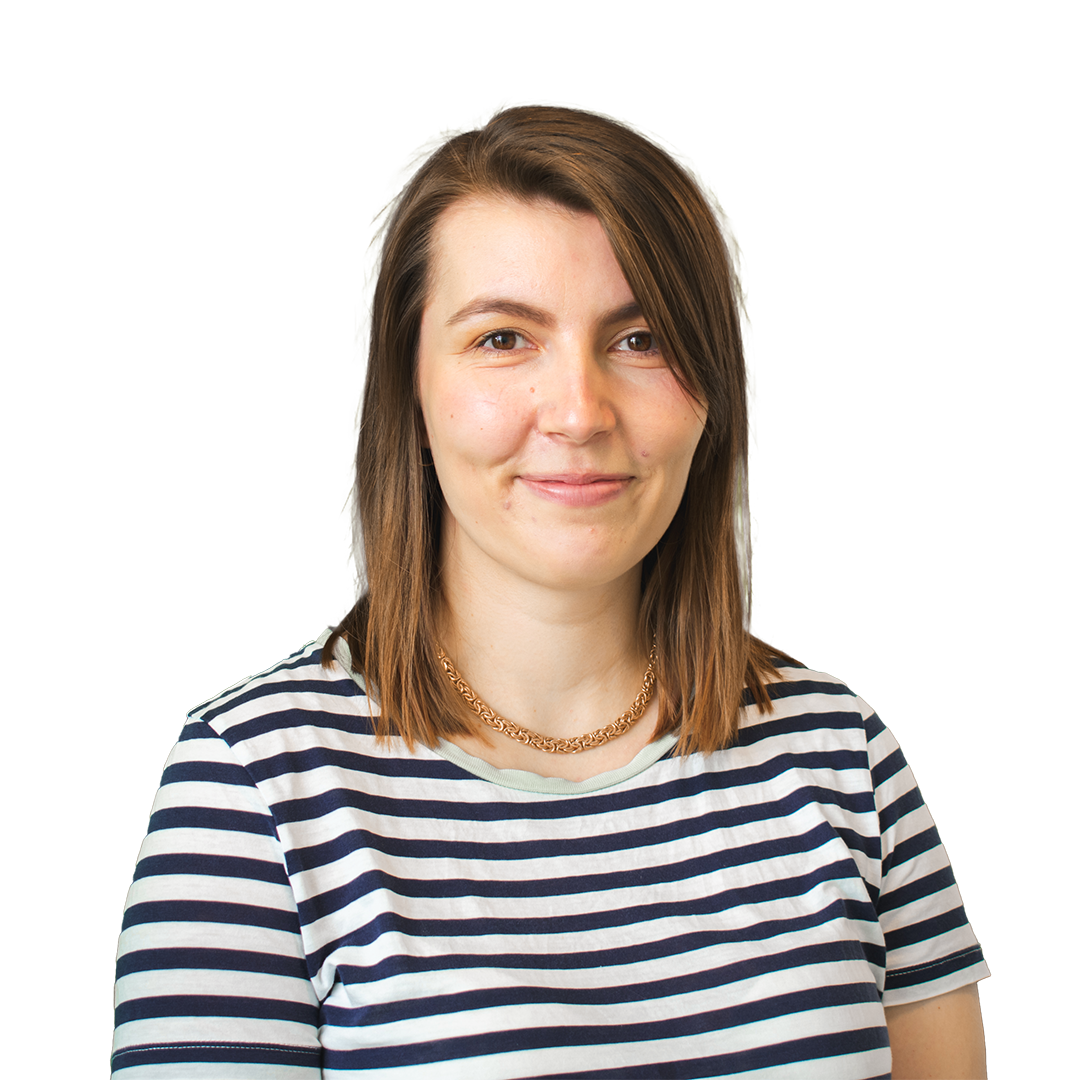
Alina Zumbruch
Alina Zumbruch is a research assistant in educational technology at the University of Wuppertal. She is involved in a teaching project (EhLSa), funded by the Foundation for Innovation in Higher Education, which develops an asynchronous online course for university students and tutors on the effective use of digital media. Her current research in this context focuses on autonomy support in digital learning environments and its effects on achievement emotions.
Anastasiia Vestel
Anastasiia Vestel is PhD student in computational linguistics at Saarland University and a member of CASCADE (Computational Analysis of Semantic Change Across Different Environments) funded by Marie Skłodowska-Curie Actions. Her current research focuses on how semantic change and linguistic variation can indicate propaganda in the context of the Russo-Ukrainian war.
Angela John
I am a PhD student at the Interdisciplinary Institute for Societal Computing lab at Saarland University. I work in reforestation and Carbon offset monitoring with remote sensing and Machine Learning.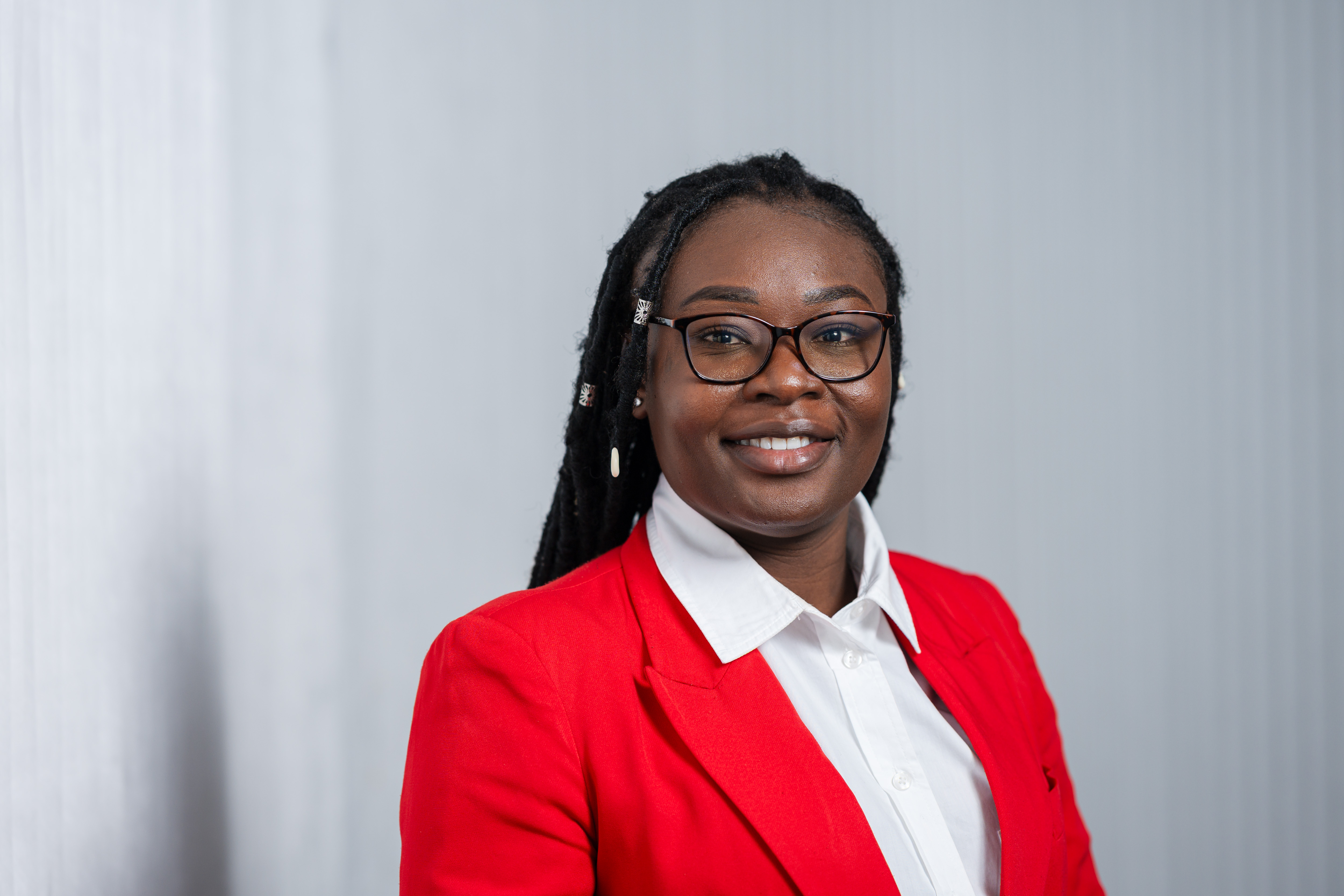
Deborah Dormah Kanubala
Deborah Dormah Kanubala is the co-organizer of WiMLDS Accra-Ghana and a PhD student at Saarland University, Germany.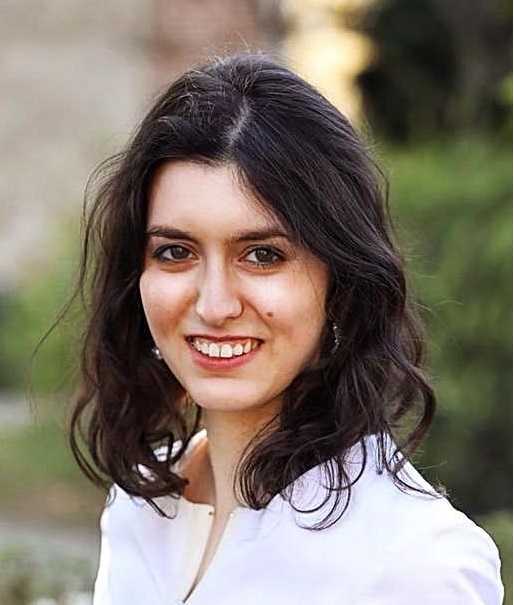
Elena Marseglia
Elena Marseglia is a PhD candidate at Bocconi University and affiliate of the Dondena Centre at the same institution. At present she is working at the launch of the Italian version of the Gender and Generations Survey - Round II, whilst her research interests relate mostly to sociology and family demography with a dissertation on the interlinks between income and family dynamics.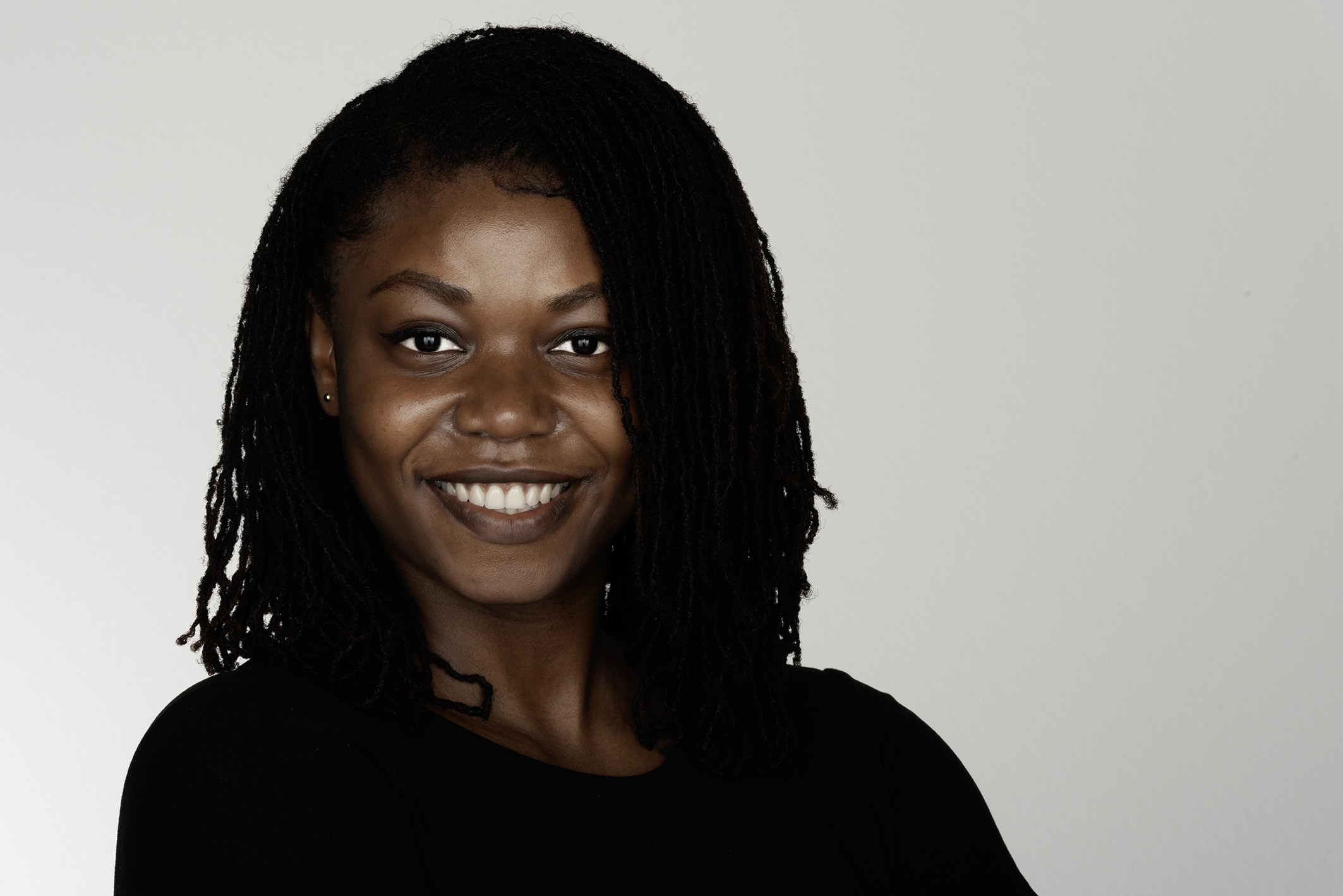
Ethel Mensah
Ethel Mensah is a PhD student at the Interdisciplinary Institute for Societal Computing, Saarland University, Germany. She studies how location-based services like Google Maps reflect and reinforce urban social patterns. Her work combines geospatial and online trace data with demographic analysis to inform ethical AI, inclusive policy, and community-focused interventions.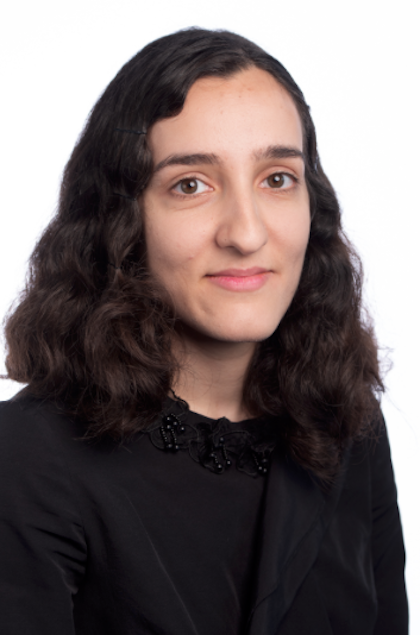
Faezeh Nassajian
I am currently a PhD student at the Max Planck Institute for Software Systems and the RPTU. I received my Master's degree in Financial Engineering from EPFL in Switzerland. My research lies at the intersection of computational social science and decentralised systems, and I have collaborated with researchers on various topics, including financial modelling and machine learning applications.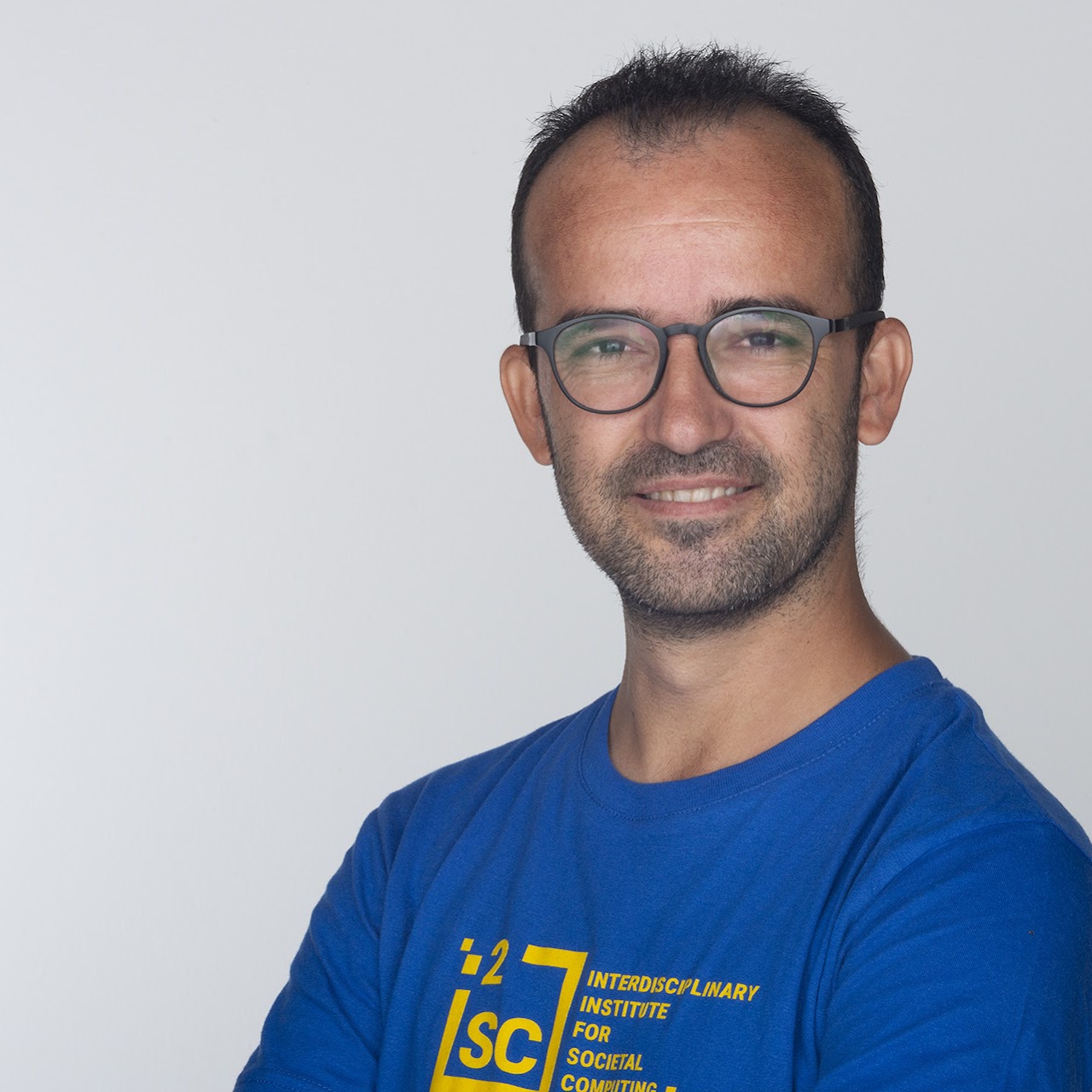
Hamayoon Behmanush
Hamayoon is a doctoral researcher at Saarland University, Germany. He holds a bachelor’s degree in Computer Science from Afghanistan and a master’s degree in Information Technology from LPU, India. Before joining Saarland University, he spent eight years teaching and working in academic administration at Parwan University and the Ministry of Higher Education in Afghanistan. His doctoral research focuses on adapting generative AI to support the education of marginalized populations in underserved contexts, and his interests include Human-AI Interaction, and Computational Social Science.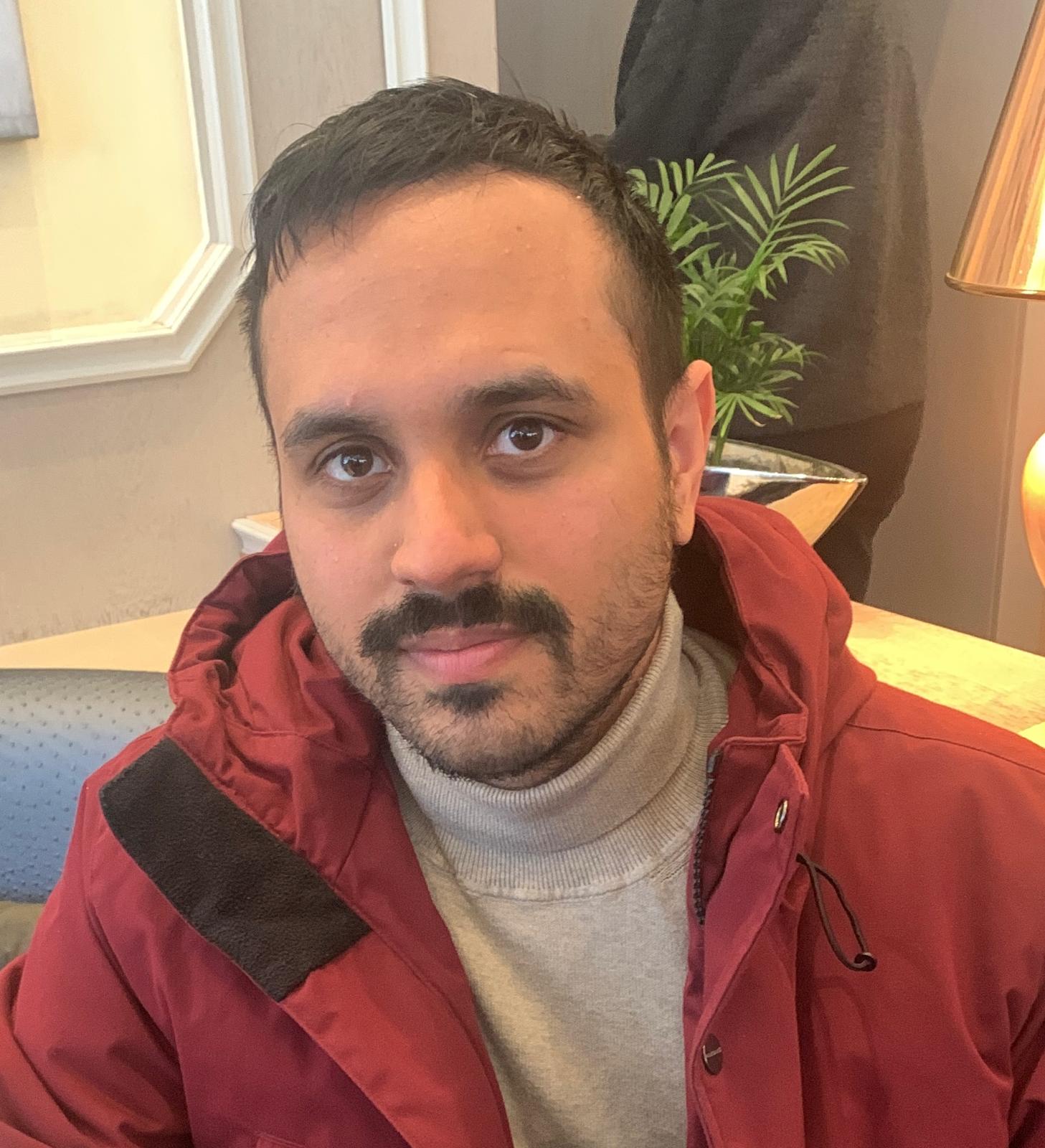
Lucas Belmino Freitas
Lucas Belmino Freitas is a PhD student in Sociology at the Institute of Social Sciences (ICS) ,University of Lisbon, through the interuniversity OpenSoc program. He holds a master’s degree in Sociology from the University of Brasília and studies the implementation of SDG 11 in cities in Brazil and Portugal, focusing on urban mobility. He has also experience in survey analysis, focus groups, and cultural policy.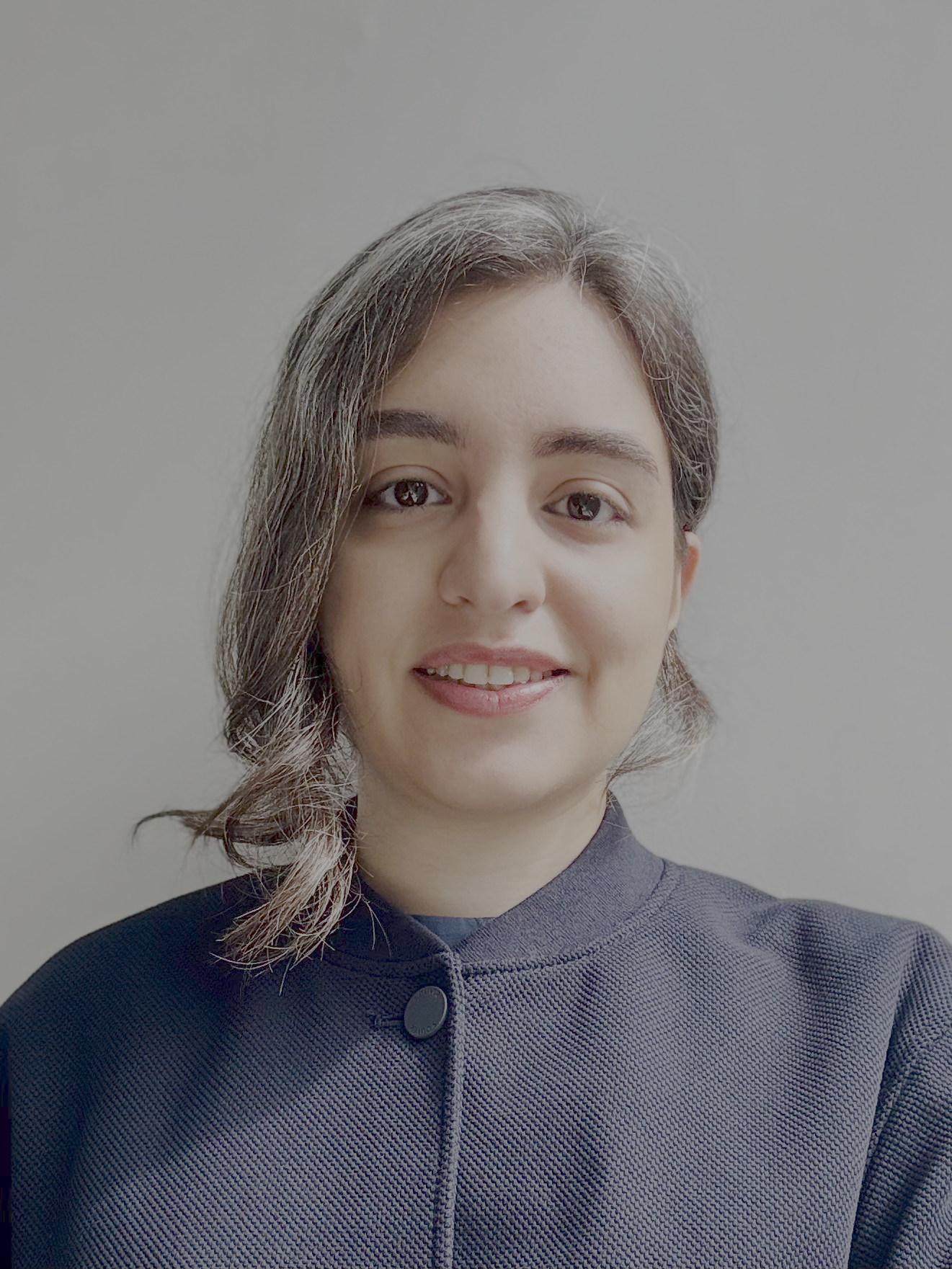
Mahsa Ghaderan
Mahsa Ghaderan is a PhD student at the Max Planck Institute for Informatics in Saarbrücken. She utilizes Internet traffic data to study human online interests, using domain names as a proxy. Her research focuses on the role of geographical distance in access to online services and online news consumption.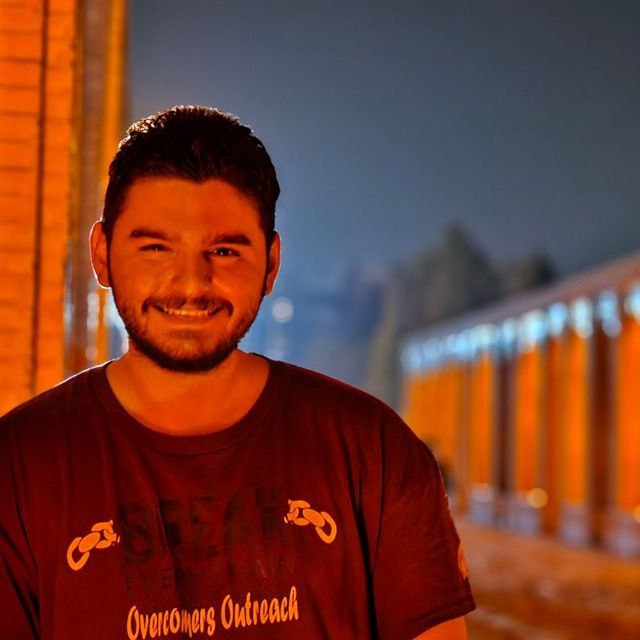
Moein Karami
Moein Karami is a Ph.D. student at Saarland University, specializing in Algorithmic Bioinformatics under the supervision of Prof. Rahmann. He holds a B.Sc. in Computer Engineering from the University of Tehran.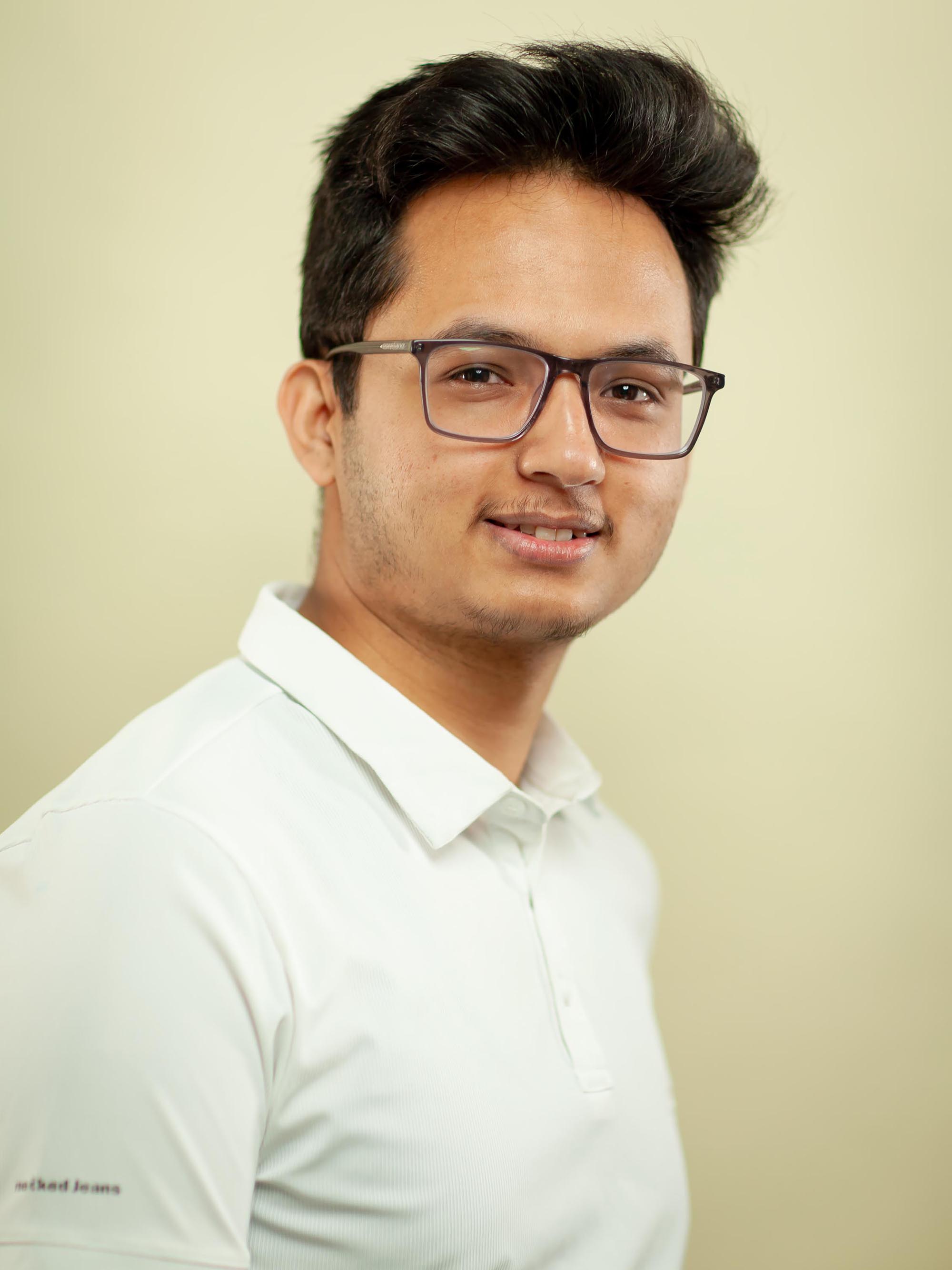
Nima Thing
Nima Thing is a Data Science for Public Policy graduate from the Hertie School. His research focuses on algorithmic fairness, social media, and digital governance. He currently leads analytics and data governance work at Welthungerhilfe and has recently presented his Master Thesis at Max Planck Summer Institute - Bounded Rationality and Deploying Bias Mitigation at LLM at Weizenbaum Institute SSaLM workshop.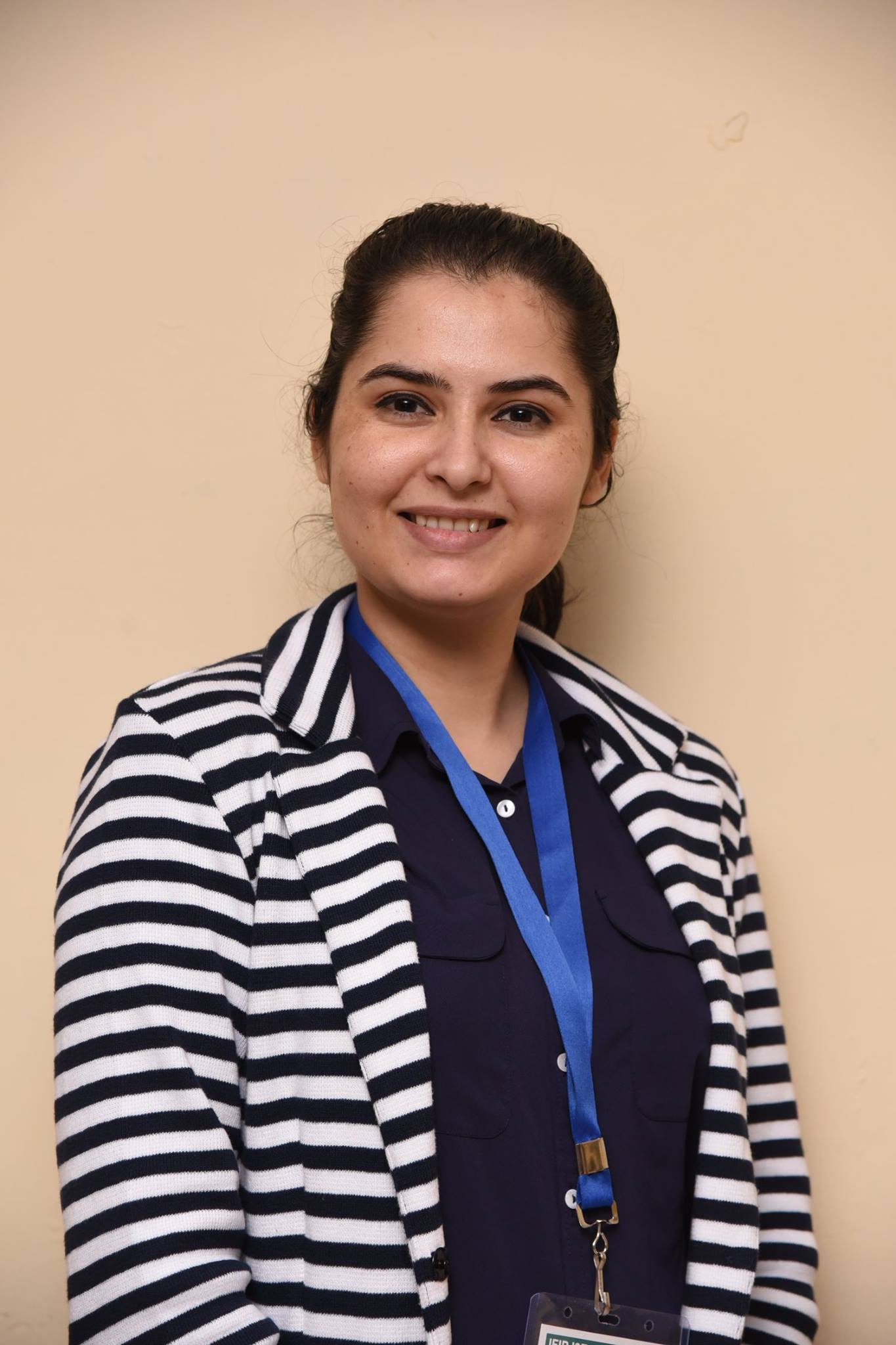
Saroj Bijarnia
Saroj Bijarnia is a doctoral student in Management Information Systems at Indian Institute of Technology(IIT) Delhi, India, with a strong background in Computer Science. My research interests lie at the intersection of Social Computing, Collective Behaviour, AI in Management, and Digital Marketing. I am passionate about leveraging user-generated content through data-driven techniques combined with a theoretical lens to derive meaningful insights.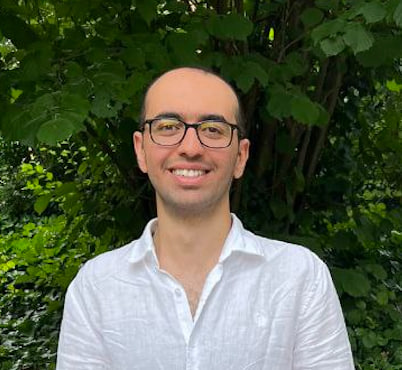
Sepehr Mousavi
Sepehr Mousavi is currently pursuing a PhD in Computer Science at Max Planck Institute for Software Systems and Saarland University. Previously, he holds a Bachelor's degree in Computer Engineering from the Sharif University of Technology. Sepehr is interested in using a broad range of computational techniques to audit online socio-technical systems. To this extent, his work examines (1) how users interact with these systems and (2) the extent to which these systems comply with digital regulation, such as EU's GDPR and DSA.
Shiqi Yang
Shiqi Yang is a doctoral researcher at the University of Jyväskylä. Her research focuses on public trust in visual journalism and Generative AI, using computational methods including topic modeling, cosine similarity, Structural Equation Modeling (SEM), and sentiment analysis to examine cross-cultural user perceptions and reactions.